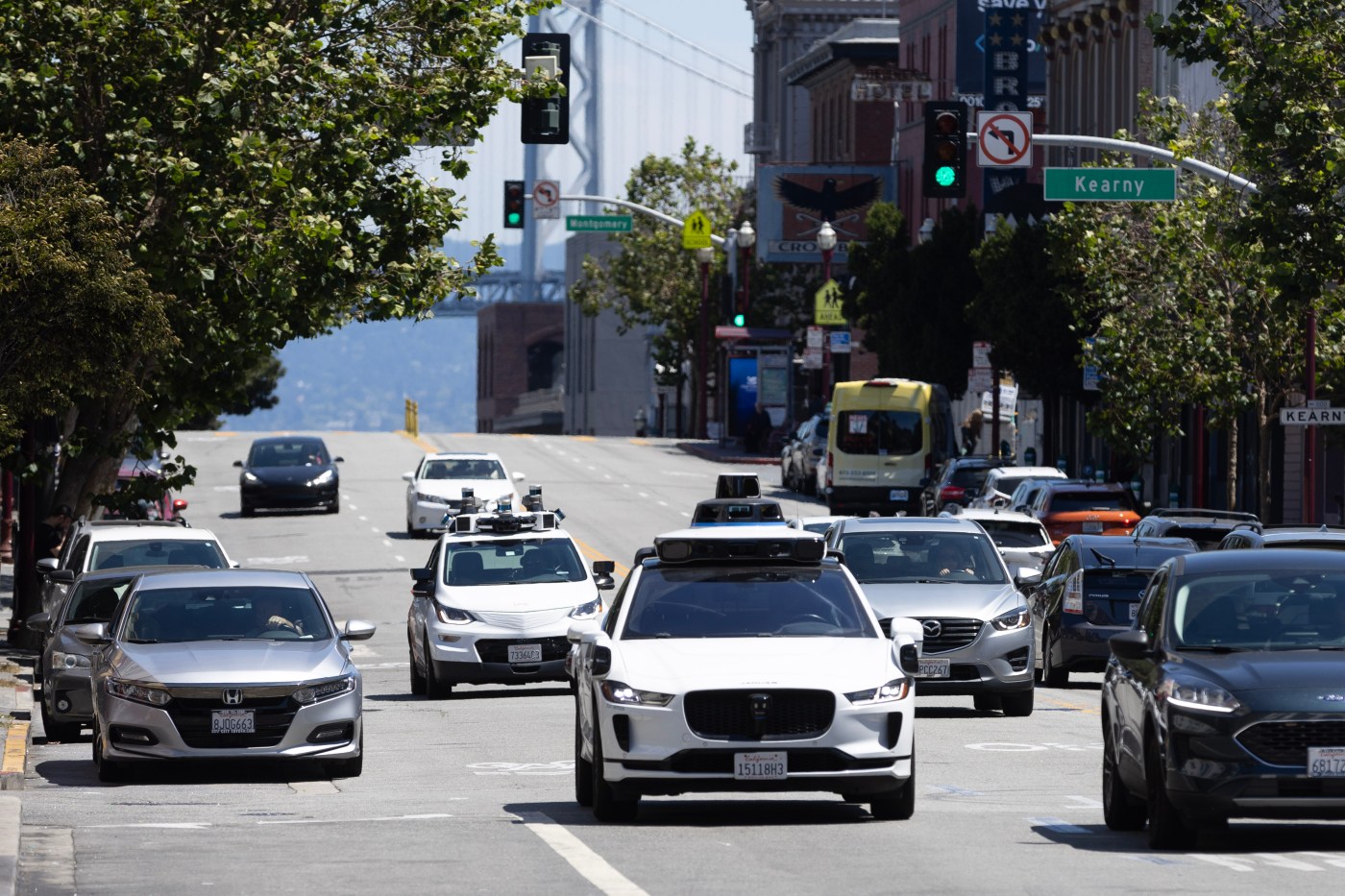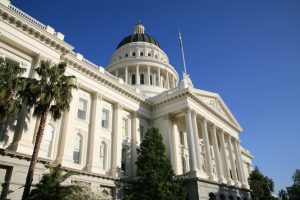After watching robotaxis in San Francisco snarl traffic, block emergency responders and even run over a pedestrian, local officials elsewhere in the Bay Area are helpless to stop similar debacles in their communities.
That’s because autonomous vehicles are managed by the state: The Department of Motor Vehicles focuses on vehicle safety while the California Public Utilities Commission regulates and oversees safety for commercial passenger services.
Those agencies let General Motors’ Cruise run wild in San Francisco until public outcry about dangerous incidents forced the state in October to suspend the company’s permit to operate driverless vehicles in California. But the agencies have given the green light to Google spinoff Waymo to expand its service beyond San Francisco to the Peninsula, and start serving Los Angeles.
The state ignored the concerns of officials in Los Angeles and San Mateo County. And the local jurisdictions have no control over the numbers of self-driving cars on their roads, how the vehicles are deployed, or what if any data is shared by companies. They can’t even give errant robotaxis a ticket.
That must change. As much as we don’t want a complete patchwork of regulations inhibiting technological advancements, decisions affecting the public safety must be made transparently and with data to support it. Which is why two bills moving through the state Legislature deserve serious consideration.
Assembly Bill 3061, introduced by Assemblymember Matt Haney, D-San Francisco, would help address the transparency issue. Autonomous vehicle companies currently must report to the DMV any collision that results in property damage, bodily injury or death, and the reports are available online. But these requirements apply only to cars being tested, not those actually deployed.
Haney’s bill would require the companies to report to the DMV collisions during deployment as well, and the agency would have to publish incident reports on its website within 30 days. This change is no-brainer. It’s time to bring full transparency to the safety records of autonomous vehicles during both testing and deployment.
Senate Bill 915, introduced by Sen. Dave Cortese, D-San Jose, would give local governments the authority to say yes or no to driverless cars on their roads and create local rules such as capping the number of cars operating in a certain area or setting maximum fares.
This is a difficult issue. There is good reason to support regulating autonomous vehicles on the state rather than local level, thereby avoiding a confusing patchwork of rules throughout California. But for state regulation to be effective, the DMV and CPUC must ensure the concerns of local jurisdictions are taken seriously.
Unfortunately, that’s not happening. Instead, the DMV and CPUC appear bent on robotaxi expansion without consideration of local concerns or offering extensive public data to justify their confidence in the industry. Californians and their local leaders are being asked to trust the companies, which appear to be writing their own rules of the road, and the state agencies, which don’t exactly have a strong track record of protecting the public. This is unacceptable.
Related Articles
Tesla enlists Apple to prove Bay Area driver in fatal crash was gaming
Waymo’s request to expand driverless robotaxis to the Peninsula approved
San Mateo County opposes Waymo’s driverless-car expansion
Ex-Apple engineer sentenced for trade secrets theft
Tech CEO calls for Tesla boycott over self-driving capabilities in Super Bowl ad campaign
So, at least for now, Cortese’s bill seems necessary to rein in this rapid expansion to protect public safety. Ideally, this would be a short-term measure of a few years to give state regulators time to make the decision-making process transparent and demonstrate a sensitivity to local concerns.
But if the state won’t responsibly regulate the industry, local leaders should be empowered more permanently to decide whether they want to accept the risks of self-driving cars on their roads.
The robotaxi industry is not entitled to rapid deployment in California. It should be the public that’s entitled to a transparent process, access to data and safe streets. Even if that slows everybody down.












